Zina Saro-Wiwa: Bad Boys & Broken Hearts
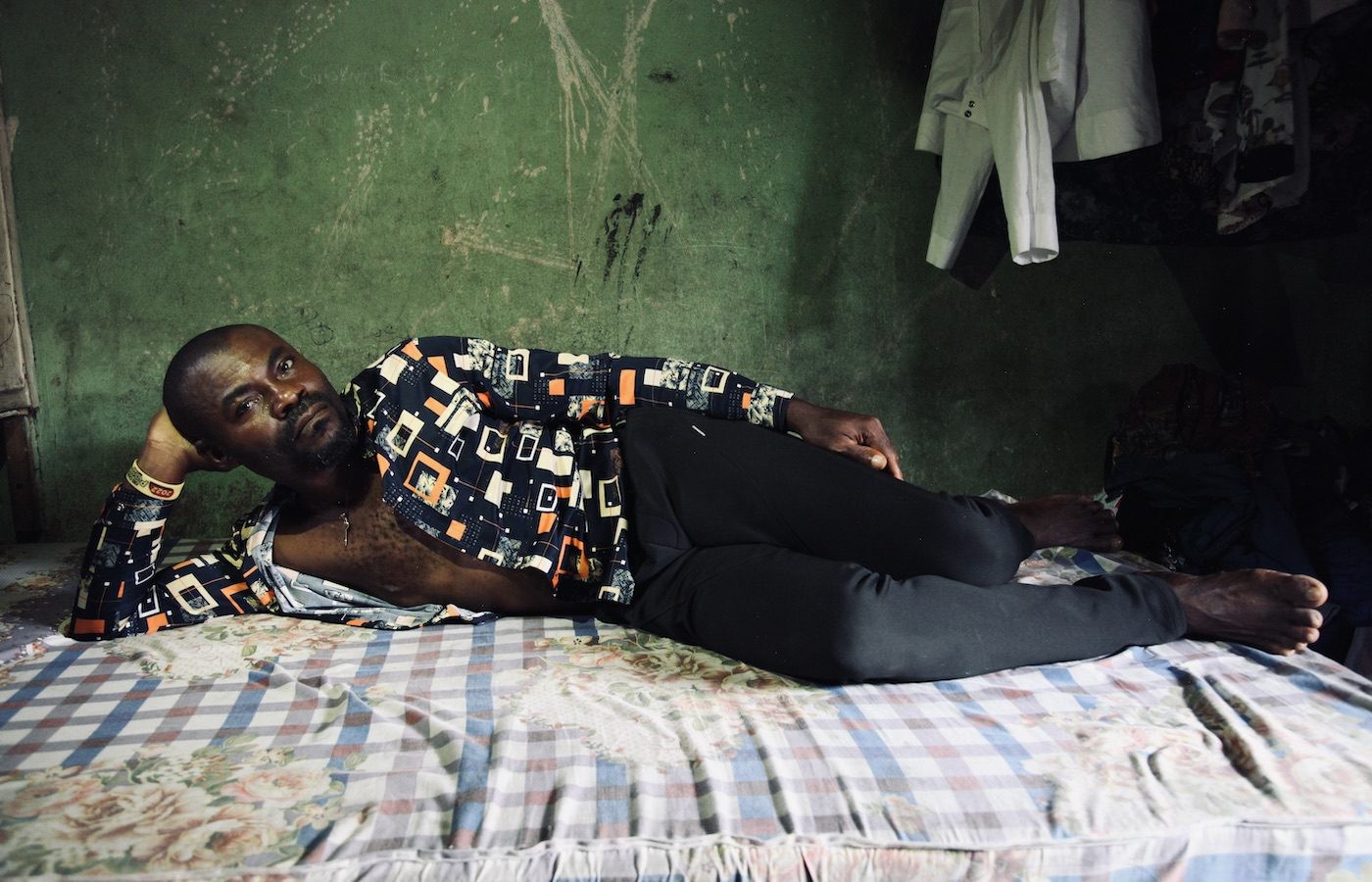
Zina Saro-Wiwa: Bad Boys & Broken Hearts
Closes: 7 January 2024
Zina Saro-Wiwa is a British-Nigerian environmental artist whose practice explores the spiritual ecologies of the oil-cursed Niger Delta of her birth. Saro-Wiwa’s family’s ancestral home is Ogoniland, a rural kingdom outside Port Harcourt, which was at the centre of terrifying and destructive struggles with Shell Oil and the Nigerian military government during the 1980s and early 1990s.
Saro-Wiwa challenges how Ogoni masks and masquerade are presented and how they are seen by the viewing public in ethnographic museums all over the world, including the Pitt Rivers Museum. She prompts us to think beyond their places of origin to consider how masks can be deployed for deeper cross-cultural connection and introspection.
Bad Boys & Broken Hearts is a new installation by Saro-Wiwa that addresses museology, anthropology and spiritual ecologies. It is a work about masquerade that features no masks at all. It unmasks not merely the costumed dancer, but the emotional universes and economic realities of the men behind the masks. Saro-Wiwa subverts the use of vitrines – the glass cases which display museum collections – to explore the dreams of two Port Harcourt-based Agaba masqueraders in their bedrooms. In the museum viewers gaze onto apparently inanimate masks, but in Bad Boys & Broken Hearts intimate portraits of masqueraders and their worlds gaze back.
Though the men are middle-aged, the moniker bad boys is local parlance alluding to how local people view the youth gangs, cults and masquerade groups of the Niger Delta. Both men, whose bedrooms are reconstructed in this installation, are happily married and live with their families in the Ibadan Waterside of Port Harcourt. Their stories capture universal emotions of love, joy and hope combined with tales of loss, fear and heartbreak. But there is a more profound heartbreak that extends beyond the personal and in this installation Saro-Wiwa asks ‘does a permanent sense of socio-political heartbreak lie at the heart of the Niger Delta experience? And how does this societal grief manifest itself in the bodies and cultural performances of its citizens? Moving beyond narratives of masks as artefacts of rural history, this exhibit announces that masking is an art form of the urban present, speaking to modern day hopes and hurt.
View more from

Beyond Representation
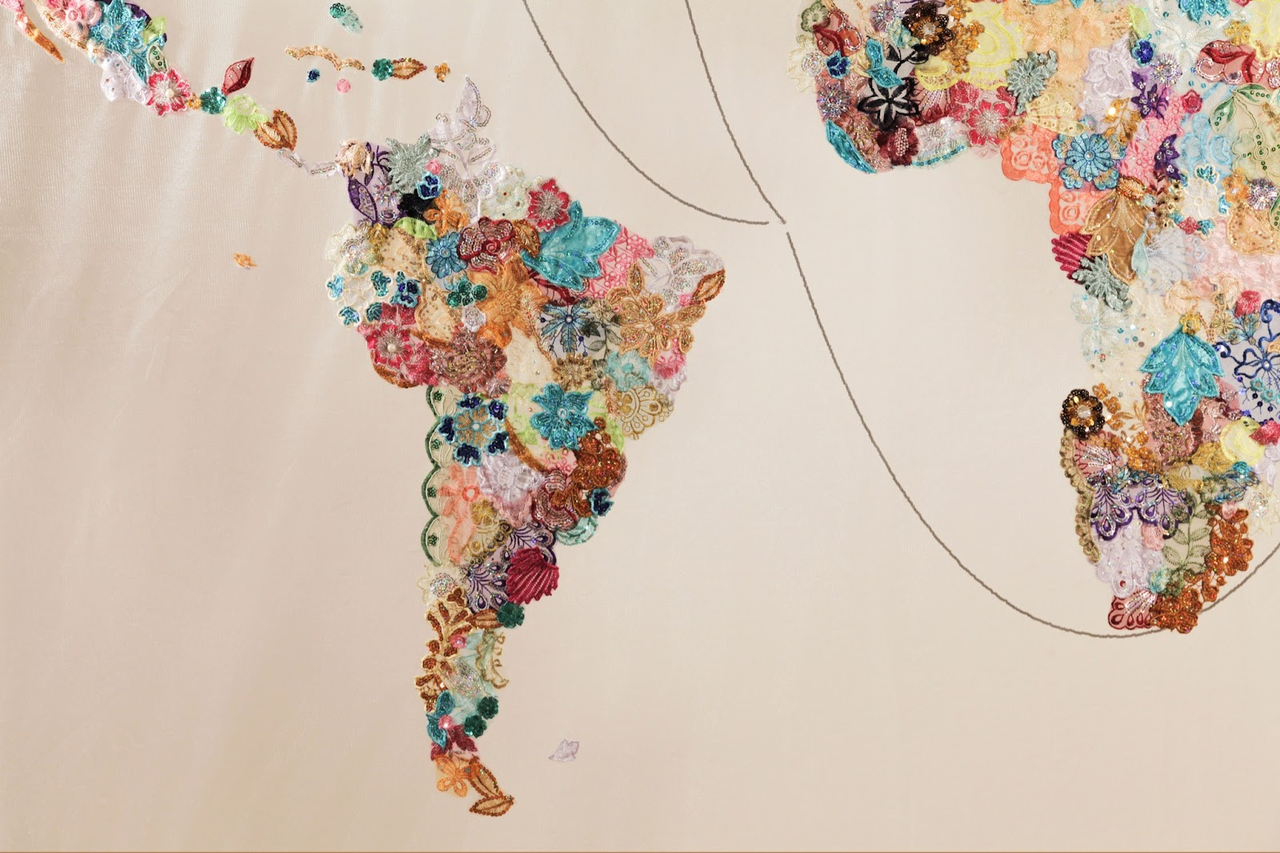
Tierras reimaginadas: migración
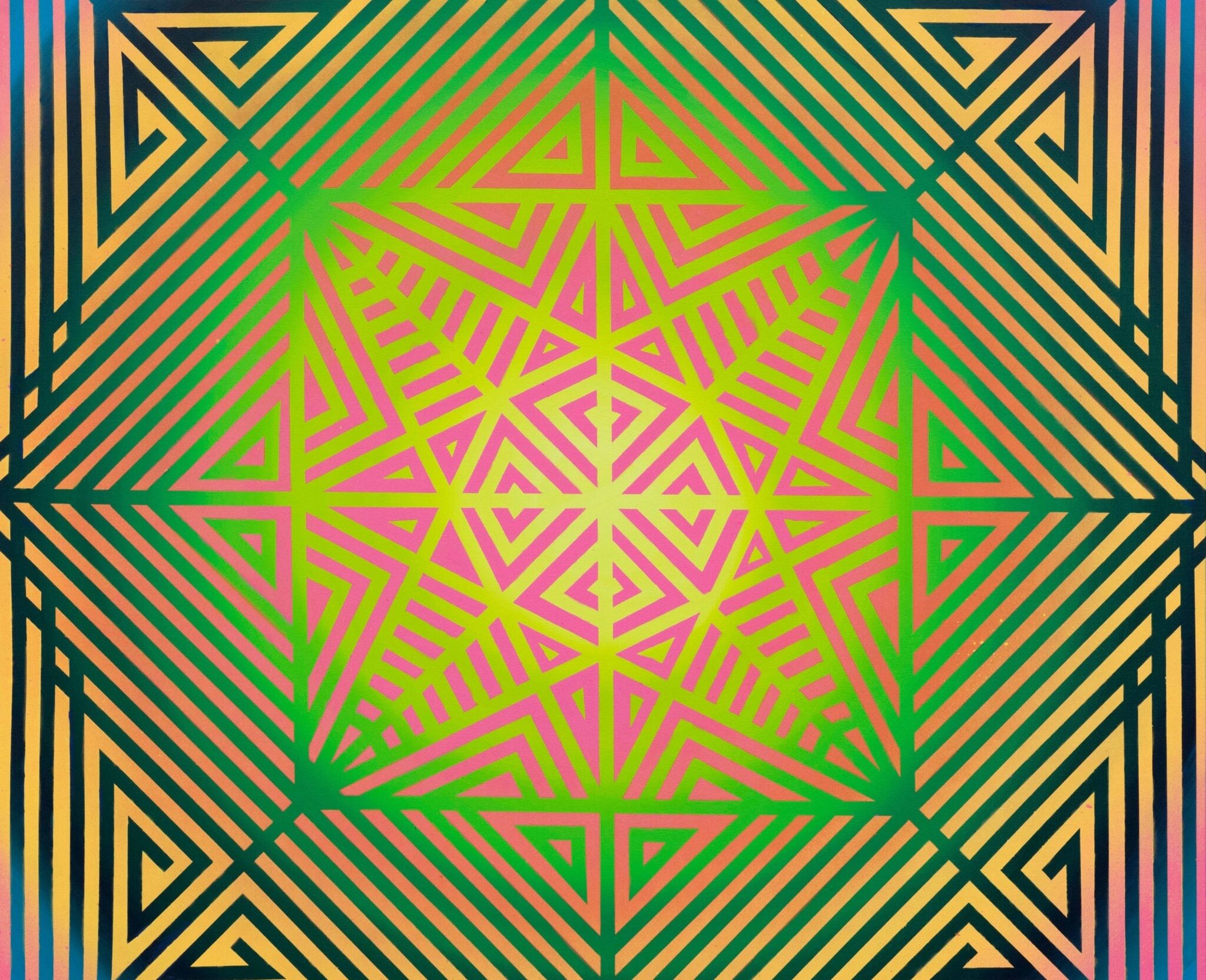
Jangueando: Recent Acquisitions
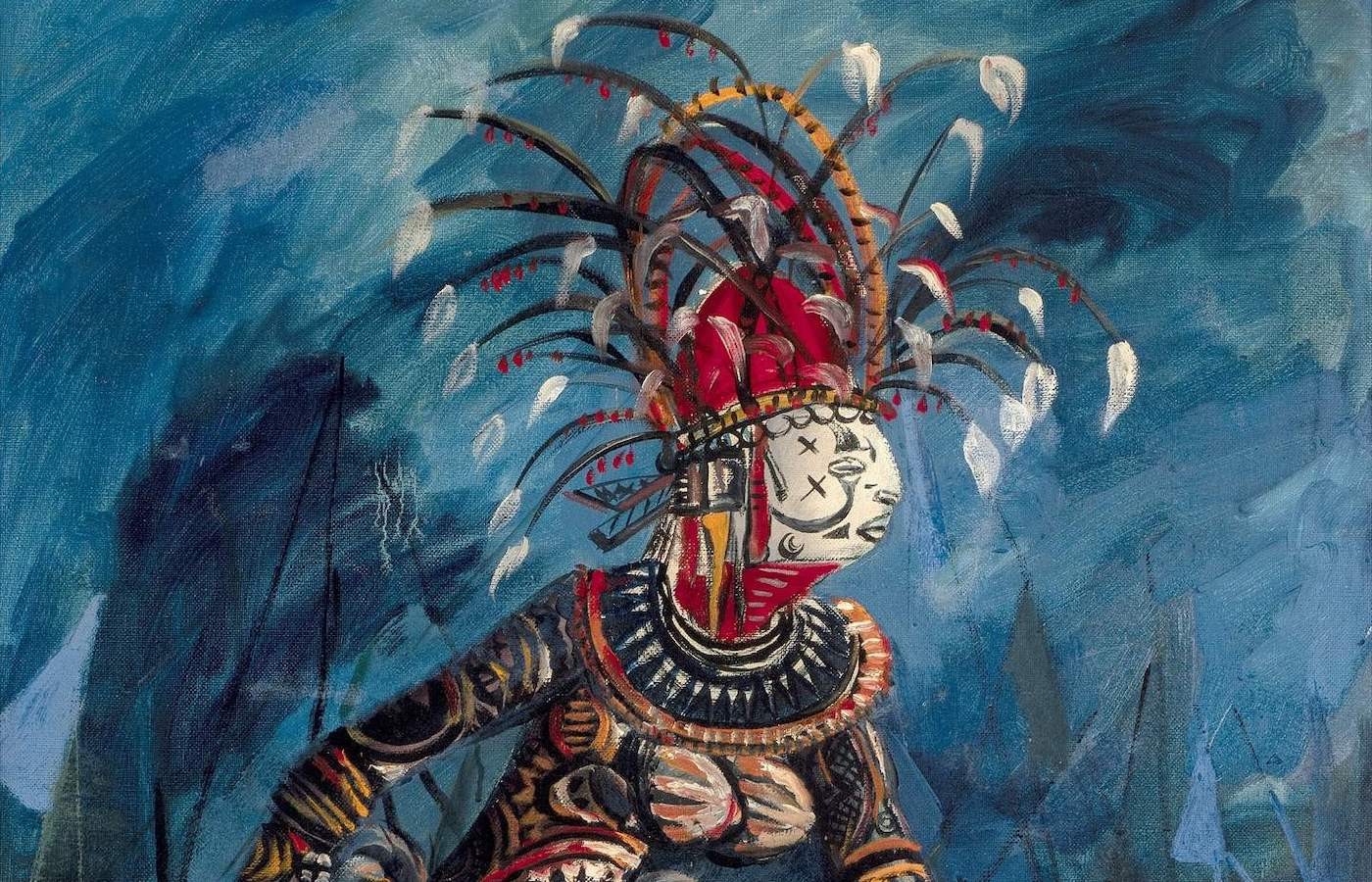
Nigerian Modernism – Group Show
Oct 8, 2025–May 10, 2026
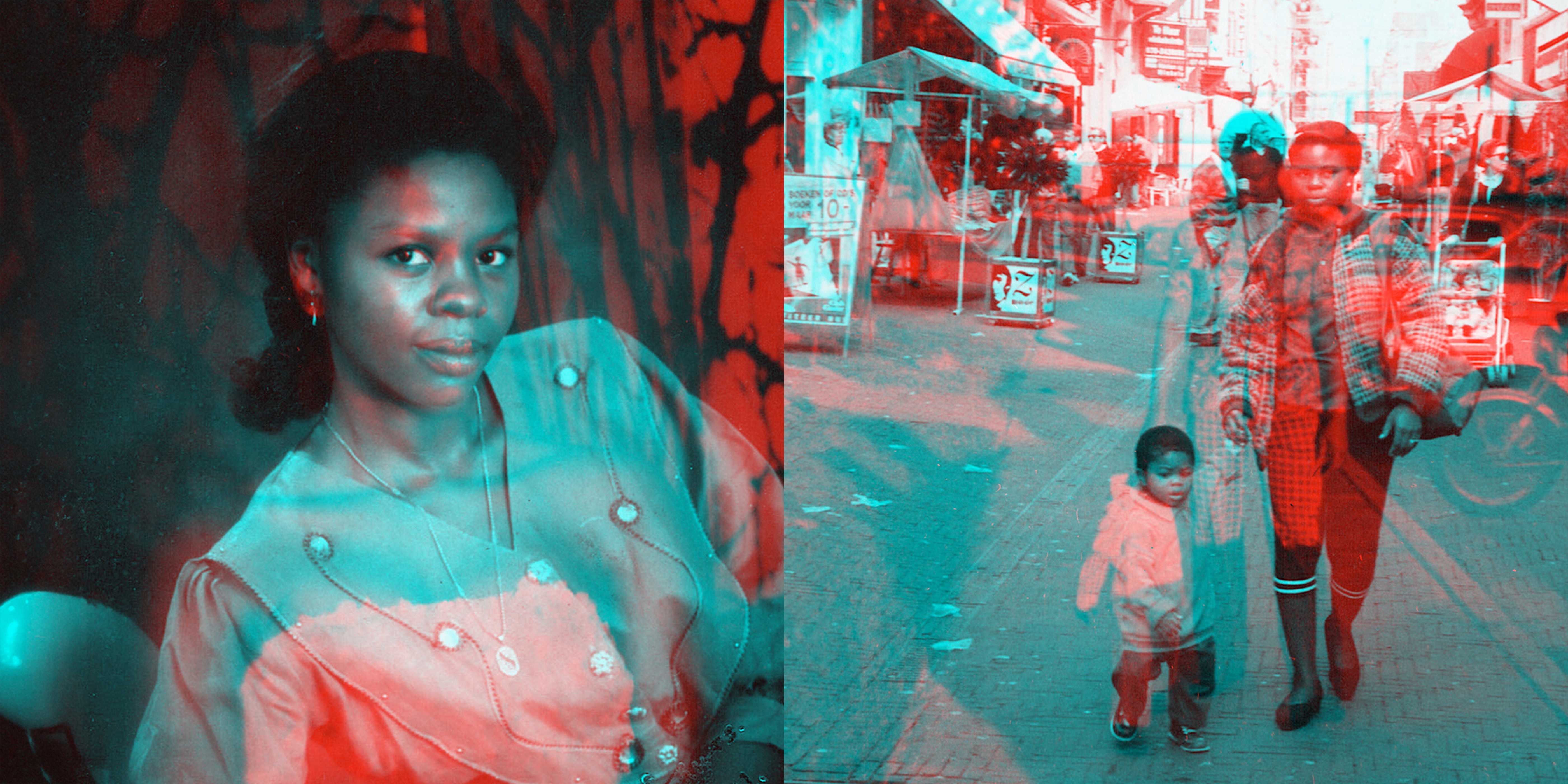
Zainab Aliyu: A litany for past suns
Feb 4–Apr 2, 2026
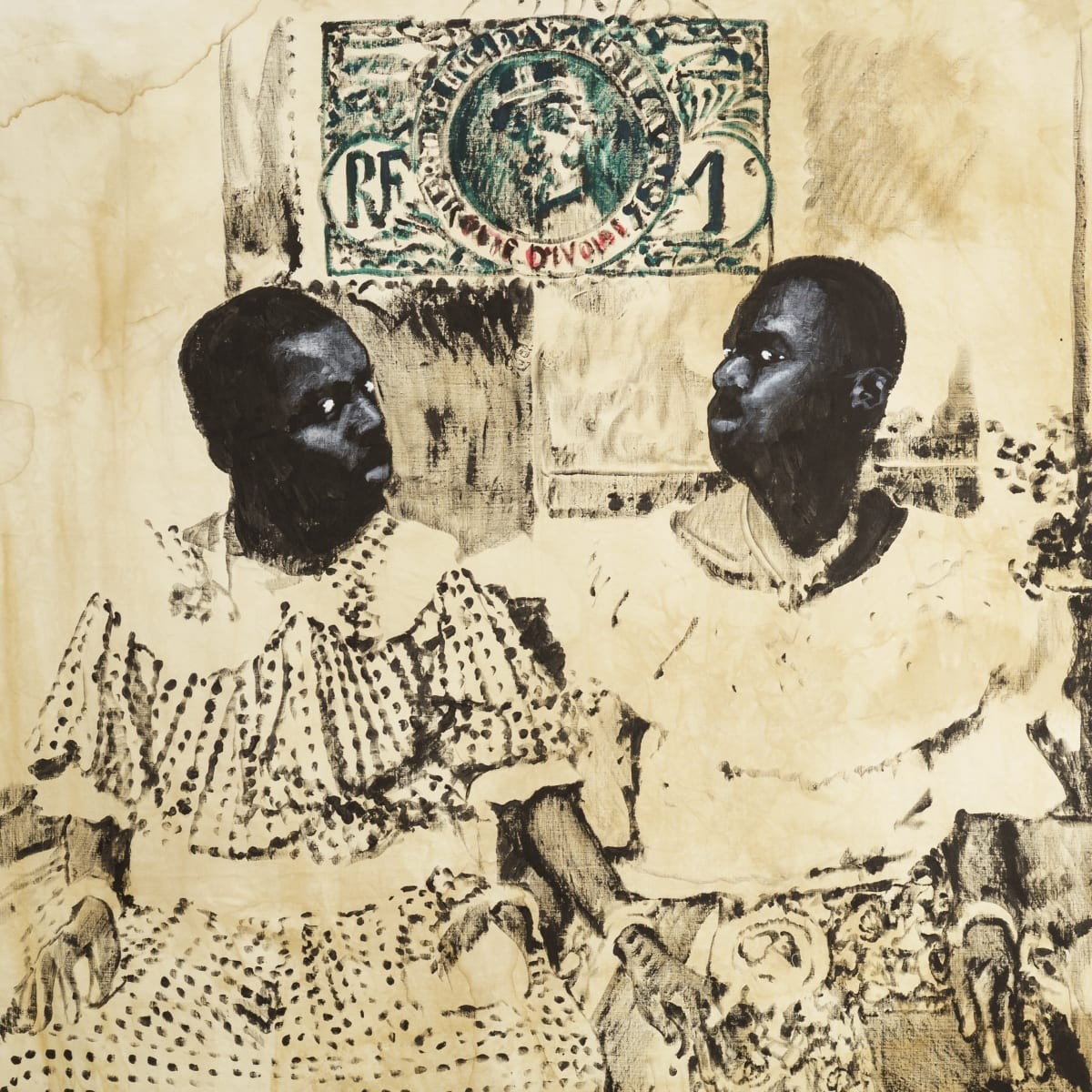
Roméo Mivekannin: Correspondances
Oct 2, 2025–Mar 21, 2026